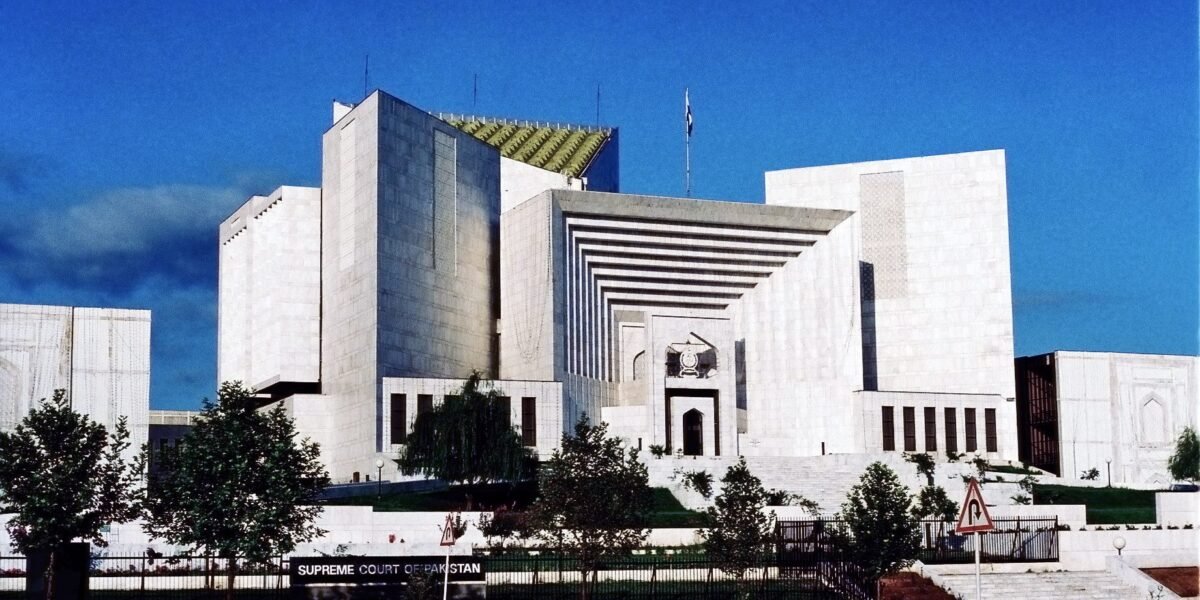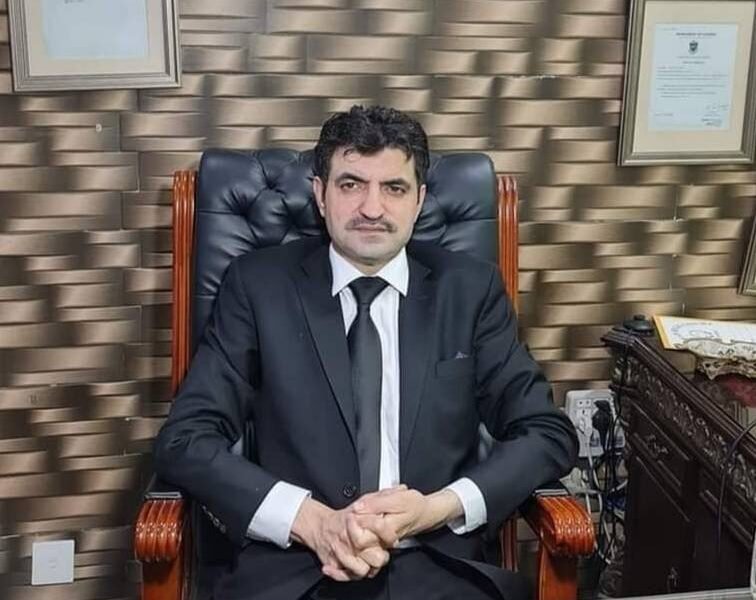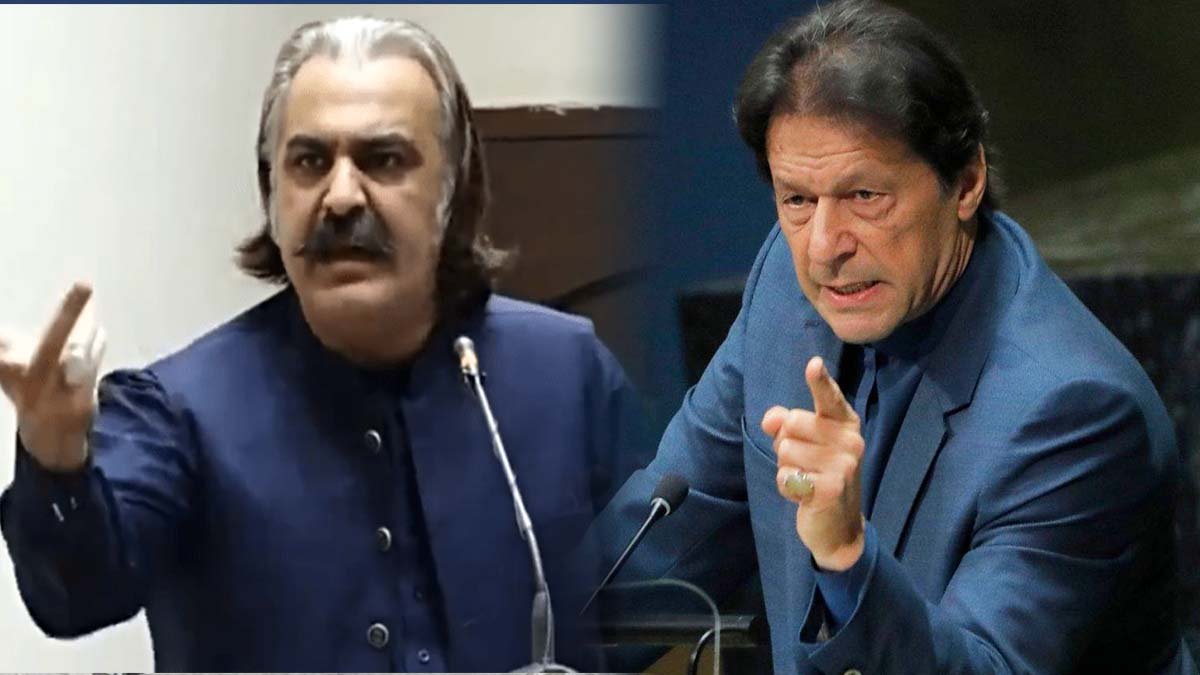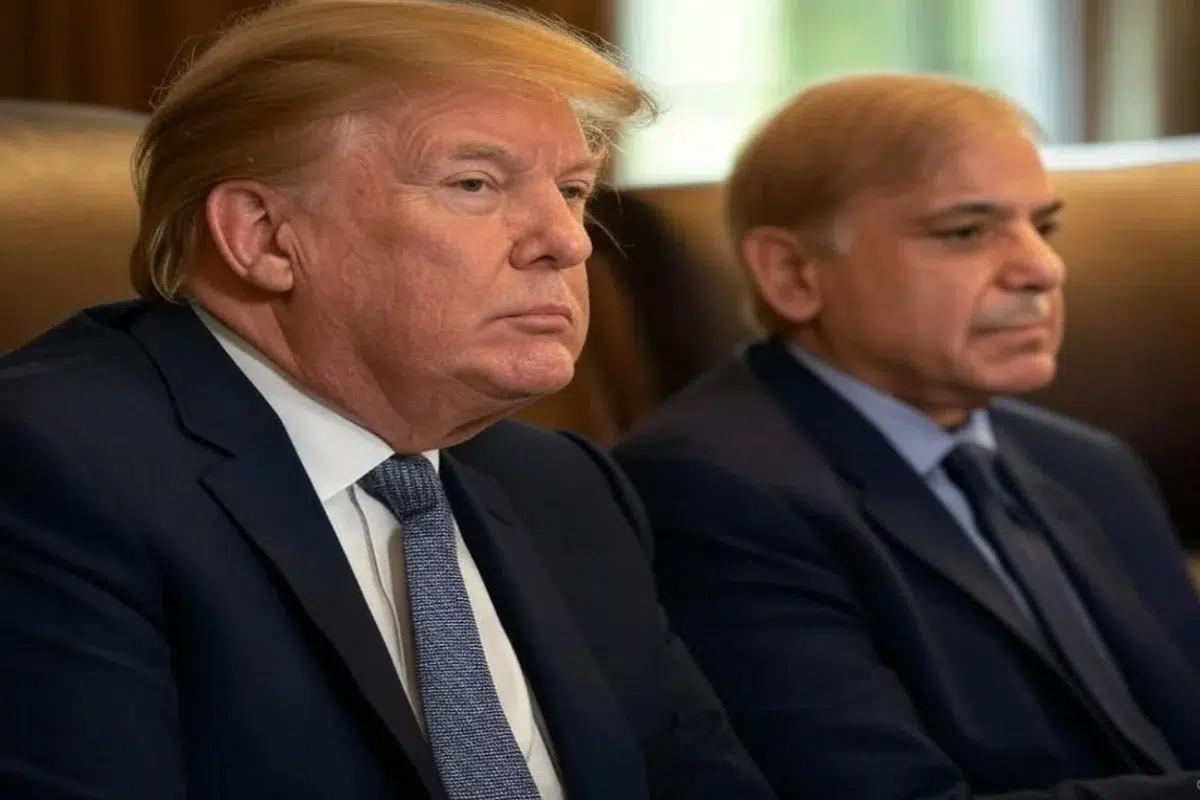The Supreme Court of Pakistan has sharply rebuked the Election Commission of Pakistan (ECP) for its misconceived request for clarification on the court’s earlier verdict regarding reserved seats in national and provincial assemblies.
Moreover, the court has mandated the immediate enforcement of its original directives.
On July 12, the apex court’s 13-judge bench ruled that the opposition Pakistan Tehreek-e-Insaf (PTI) was entitled to reserved seats for women and non-Muslims, a decision that significantly undermines Prime Minister Shehbaz Sharif’s ruling coalition and could potentially position PTI as the largest party in both houses of Parliament.
The court’s ruling also officially recognised PTI as a parliamentary party. In response, the ECP had sought further guidance, citing difficulties in verifying the party’s structure and its internal elections, and suggested it might need additional directions from the court.
However, the Supreme Court’s latest written order dismissed the ECP’s request as a delay tactic. It criticised the commission for attempting to obstruct the court’s decision, deeming its clarification request “misconceived.” The court emphasized that the ECP’s concerns regarding PTI’s leadership and structure were unfounded, noting that PTI had already identified Barrister Gohar Ali Khan as its chairman.
Read More: IHC directs authorities to seek approval before arresting Marwat
The court asserted that the ECP must recognise the validity of PTI’s submissions and certifications. The order underlined that the PTI’s representatives are already considered members of the parliamentary party, and any further attempts to challenge or delay the implementation of the court’s verdict are legally unjustifiable.
The Supreme Court’s ruling affirms that the reserved seats are to be immediately allocated to PTI, based on the candidates’ declarations and certifications. The ECP is required to fulfill this obligation without further delay, and its continued failure to do so may lead to further constitutional and legal repercussions.
The order concludes by urging the ECP to expedite the issuance of necessary lists and fulfill its ministerial duties as mandated by the court’s decision.

















